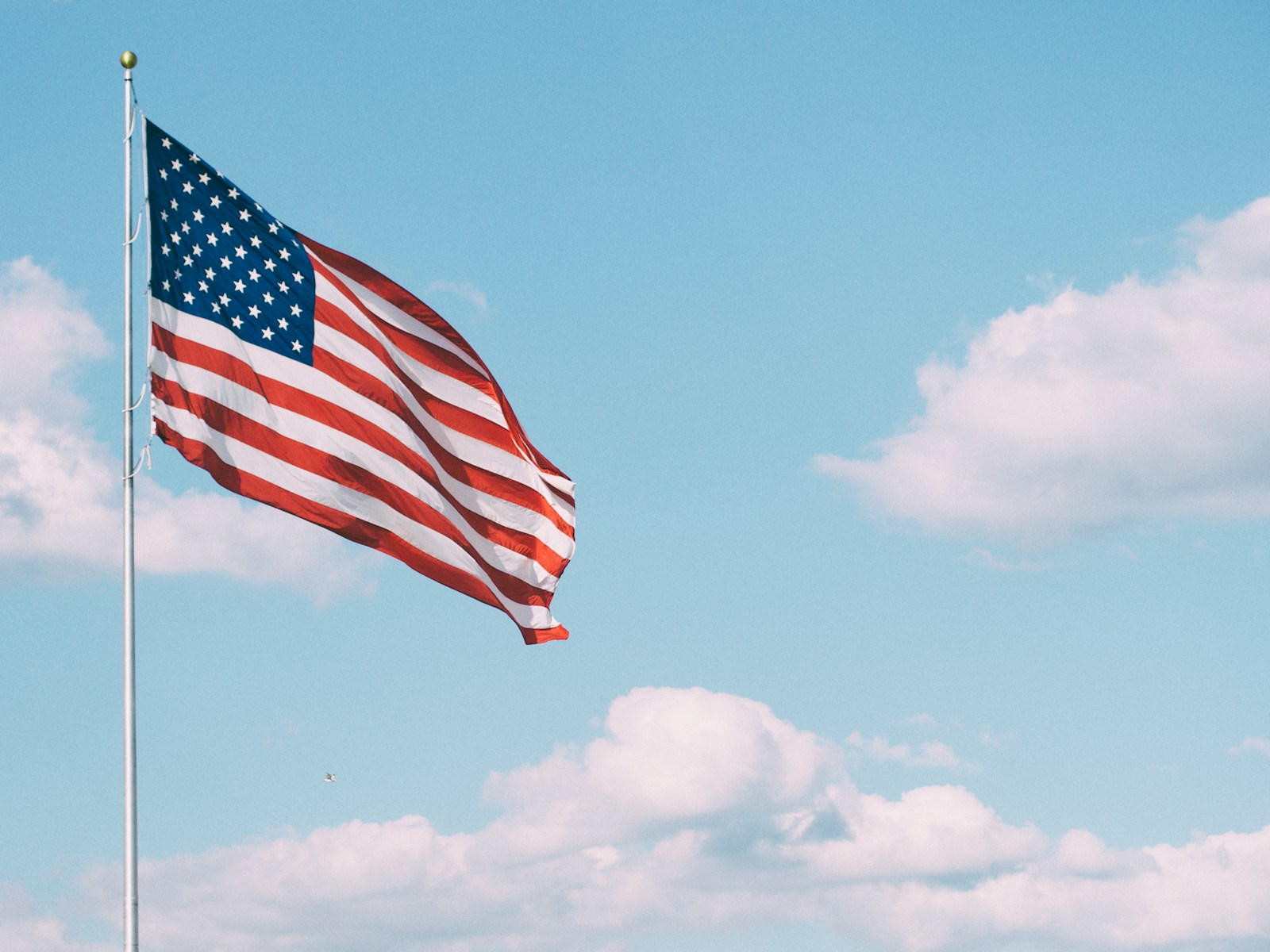Key Takeaways
- Recent U.S. strikes in the Caribbean killed three more people, raising legal and moral questions.
- Critics accuse the administration of carrying out extrajudicial killings without due process.
- Some lawmakers, including Republicans, demand answers and proper oversight.
- U.S. intelligence doubts that Venezuela is a major fentanyl source.
- The debate highlights tensions over national security and human rights.
Why Trump’s Extrajudicial Killings Spark Outrage
The Trump administration has stepped up strikes on sea vessels in the Caribbean. Officials say they target “narco-terrorists” who traffic drugs to the U.S. Yet critics call these actions extrajudicial killings. They argue the strikes break legal rules and deny due process. Meanwhile, some members of Congress say they were left in the dark. This growing controversy questions how far a president can go in fighting drugs at sea.
Background on the Caribbean Strikes
In recent weeks, the Pentagon reported attacks on several smuggling boats. Defense Secretary Pete Hegseth announced another strike that killed three people. He said the vessel carried illegal drugs bound for the United States. The White House sees the mission as vital to stop dangerous narcotics. However, observers warn that these measures may cross legal lines.
Critics Call Them Extrajudicial Killings
Many voices have risen against what they call extrajudicial killings. They argue that shooting people without a trial counts as an illegal execution. A former federal prosecutor wrote, “They murder whoever they want whenever they want.” On social media, users called Defense Secretary Hegseth a “hit man for Trump.” Others described the strikes as state-sanctioned assassinations.
The Rise of Extrajudicial Killings at Sea
This pattern of strikes has grown under the current administration. Since the push began, about sixty-four people died in similar attacks. Critics note that none of those killed had a chance to stand trial. Even some lawmakers in Trump’s party worry about the lack of oversight. They demand clear briefings and legal justifications for these actions.
Congressional Concerns and Calls for Oversight
Several senators say they were not properly informed before the strikes. Senator Rand Paul called the attacks illegal and unconstitutional. He pointed out that U.S. law and international treaties require due process. Moreover, other Republicans have joined in demanding answers. They want to know who signs off on these deadly missions.
Trump’s Rationale for the Attacks
President Trump argues that Venezuela and Caribbean cartels pose a grave threat. He blames them for flooding America with fentanyl. Therefore, he says, aggressive action at sea is needed. The administration claims these vessels often carry large drug loads. They believe such strikes will deter future smuggling attempts.
Intelligence Finds a Different Story
U.S. intelligence agencies dispute the claims about Venezuela’s role. Their reports state that little to none of the fentanyl in the U.S. comes from Venezuela. In fact, many attacked vessels could not even make it to American shores. This information raises doubts about the true targets of these missions. As a result, critics argue that the strikes are based on faulty data.
Human Rights and Legal Questions
International law forbids killing suspected criminals without trial. These norms aim to protect human rights and fair justice. Critics say extrajudicial killings undermine these principles. They warn that such actions can set a dangerous precedent. If left unchecked, other nations might follow suit and commit similar acts.
Public Reaction and Social Media Outcry
On social media, heated debates have erupted over these strikes. Some users praise the administration’s tough stance on drugs. Others are horrified at the idea of unaccountable killings. Hashtags and posts criticize the strikes as “state murder.” Meanwhile, families of those killed have no way to seek legal recourse.
Potential Impact on U.S. Foreign Policy
These controversial strikes may strain relations with Caribbean nations. Countries in the region could view U.S. actions as aggressive and unlawful. They might protest at international forums or reduce cooperation on other issues. Therefore, this controversy could lead to broader diplomatic challenges.
The Path Ahead for Oversight and Reform
Lawmakers are now pushing for more transparency. They want the administration to explain legal grounds for the strikes. Some propose new legislation to limit presidential war powers at sea. Others call for independent investigations into each killing. Such steps aim to prevent future extrajudicial killings.
What Comes Next?
The debate over these Caribbean strikes will likely continue. Congress may hold hearings and demand classified briefings. The White House must decide whether to adjust its strategy. Human rights groups will keep watching and reporting on any new attacks. In the end, the nation must balance security needs with respect for the rule of law.
FAQs
What are extrajudicial killings?
Extrajudicial killings happen when authorities kill people outside of legal trials. These acts ignore fair justice procedures and due process. International law prohibits them to protect human rights.
Why did the Trump administration target Caribbean vessels?
Officials say they aimed to stop drug traffickers sending narcotics to the United States. They believed striking boats at sea would disrupt smuggling networks.
Are these strikes legal under U.S. law?
Many legal experts say the strikes violate U.S. law and international treaties. They argue that killing suspects without trial is unconstitutional and unlawful.
What might change after the controversy?
Congress could pass new rules to limit presidential power over maritime strikes. The administration may increase transparency and seek clearer legal backing. Human rights groups will push for independent oversight.
